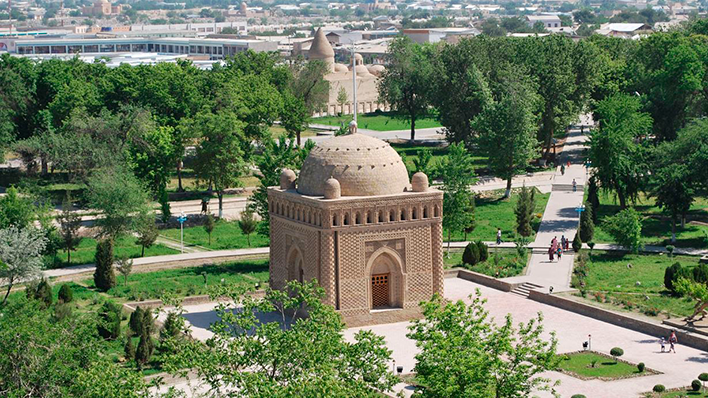10 April 2018
On 11-13 April 2018 sub-regional workshop on Mainstreaming Education for Sustainable Development (ESD) and evaluation of the project “Sustainability begins with teachers" in Central Asia will be organized in Tashkent, Uzbekistan.
The second sub-regional workshop aims at establishing synergies between teacher development and education policy on ESD; evaluating project activities on Mainstreaming Education for sustainable development and Global Citizenship, including methods and principles into programmes of Teacher education institutions; and agreeing on the sustainability of the project at sub-regional and national level in Central Asia.In September 2015, the United Nations adopted Sustainable Development Goals (SDGs), a global Agenda aiming to end poverty, protect the planet and ensure prosperity for all. In particular, SDG 4 reflects a new global vision for quality education. According to target 4.7 of SDG 4, the learners should “acquire the knowledge and skills needed for sustainable development and sustainable lifestyles, human rights, gender equality, promotion of a culture of peace and non-violence, global citizenship and appreciation of cultural diversity”. Consequently, teaching education for sustainable development and education for global citizenship across all education levels is the key to achieving the goal on education and other SDGs. To do this, there is a strong need for the 21st century skills development with a link to the labour market.
In order to develop the 21st century competences, it is important to build proper synergies between teacher training and education policy, curriculum and innovative approaches at school level. Educators and trainers are powerful agents of change for delivering the educational response to sustainable development, but they shall be empowered with the necessary knowledge, skills, attitudes and values to support the transition to a sustainable society
Hence, in 2016, UNESCO launched the global project “Sustainability Begins with Teachers” to support member-states ensuring effective coordination and implementation of the SDG 4.7 and Global Action Programme on Education for Sustainable Development. The Global Action Programme on ESD, led by UNESCO, aims to generate and scale up action at all levels and areas of education and learning to accelerate the progress towards sustainable development.
Links:
Permanent link: http://en.unesco.kz/sub-regional-workshop-in-uzbekistan-project-sustainability-begins-with-teachers-in
